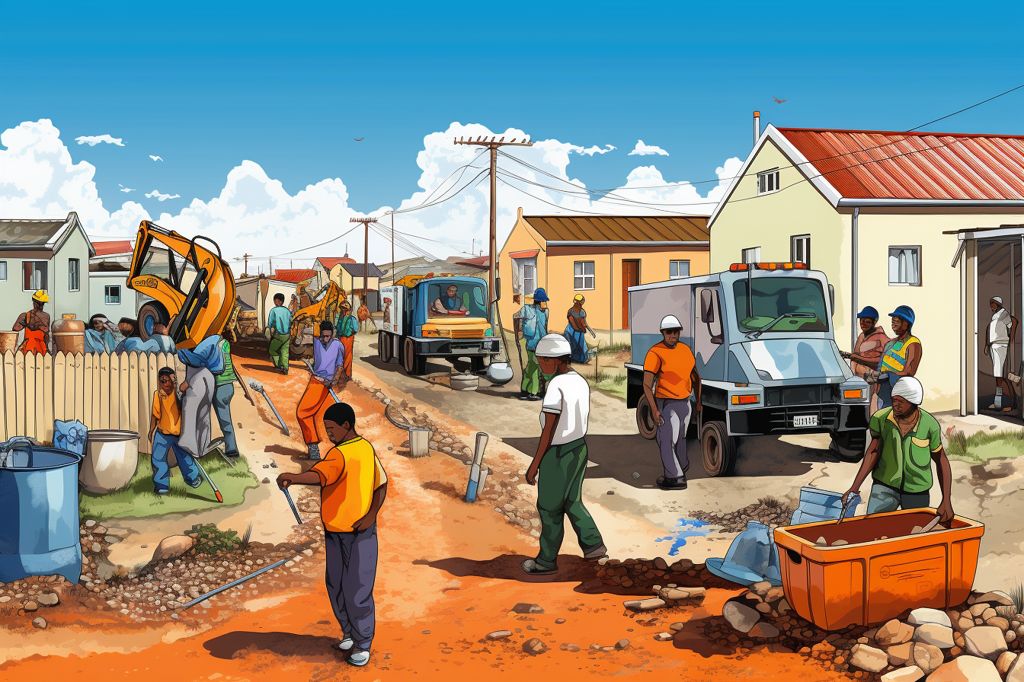On July 6th, 2023, The Cape Peninsula Baboon Management Joint Task Team (JTT) announced the signing of a Memorandum of Agreement (MoA) between SANParks, CapeNature, and the City of Cape Town. The agreement lays the foundation for a more sustainable management plan for the Chacma baboon population in the Cape Peninsula.
Roles and Responsibilities
The MoA has outlined the roles and responsibilities of each government entity, facilitating cooperation and guaranteeing the conservation of these fascinating creatures. The collective and individual functions of each participating entity have been detailed. With this framework, each entity can take actions and interventions individually or collaboratively to ensure the sustainable management of the Chacma baboon population.
Baboon Strategic Management Plan
The Cape Peninsula Baboon Management Joint Task Team (JTT) developed the Baboon Strategic Management Plan. The plan has been a labor of love with contributions from SANParks, CapeNature, and the City of Cape Town. The draft plan was published on January 27th, 2023, for public comment. The JTT aims to finalize the plan by the end of August 2023.
Public Submissions and Stakeholder Involvement
With over 800 individual comments received, the JTT now faces the enormous task of assessing the substantial volume of public submissions. In May 2023, the JTT engaged with the Cape of Good Hope SPCA, an influential stakeholder, to receive valuable input and guidance on the draft plan.
Area-Specific Solutions
Upon finalizing the Baboon Strategic Management Plan, the JTT intends to develop area-specific solutions that cater to each community’s unique needs, circumstances, resources, and geographical concerns. This approach ensures that solutions are best suited and most appropriate for their respective areas and garner the support of residents.
Extension of Urban Baboon Programme Contract
The City of Cape Town has extended its Urban Baboon Programme contract with NCC Environmental Services until December 31st, 2024, allowing for a transitioning period as the MoA and Baboon Strategic Management Plan are implemented.
Collaborative Approach
The signing of the MoA and the development of the Baboon Strategic Management Plan mark a new chapter in the conservation of the Cape Peninsula’s Chacma baboon population. By forging partnerships between various spheres of government and engaging with affected communities, the sustainable management of these captivating animals is finally within reach. This collaborative approach showcases the power of cooperation and innovation in preserving our planet’s natural wonders for generations to come.








